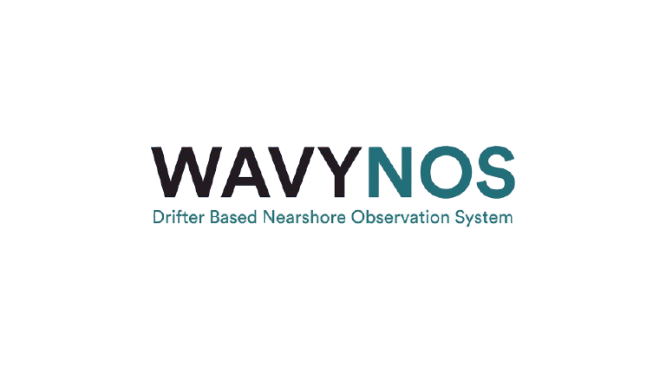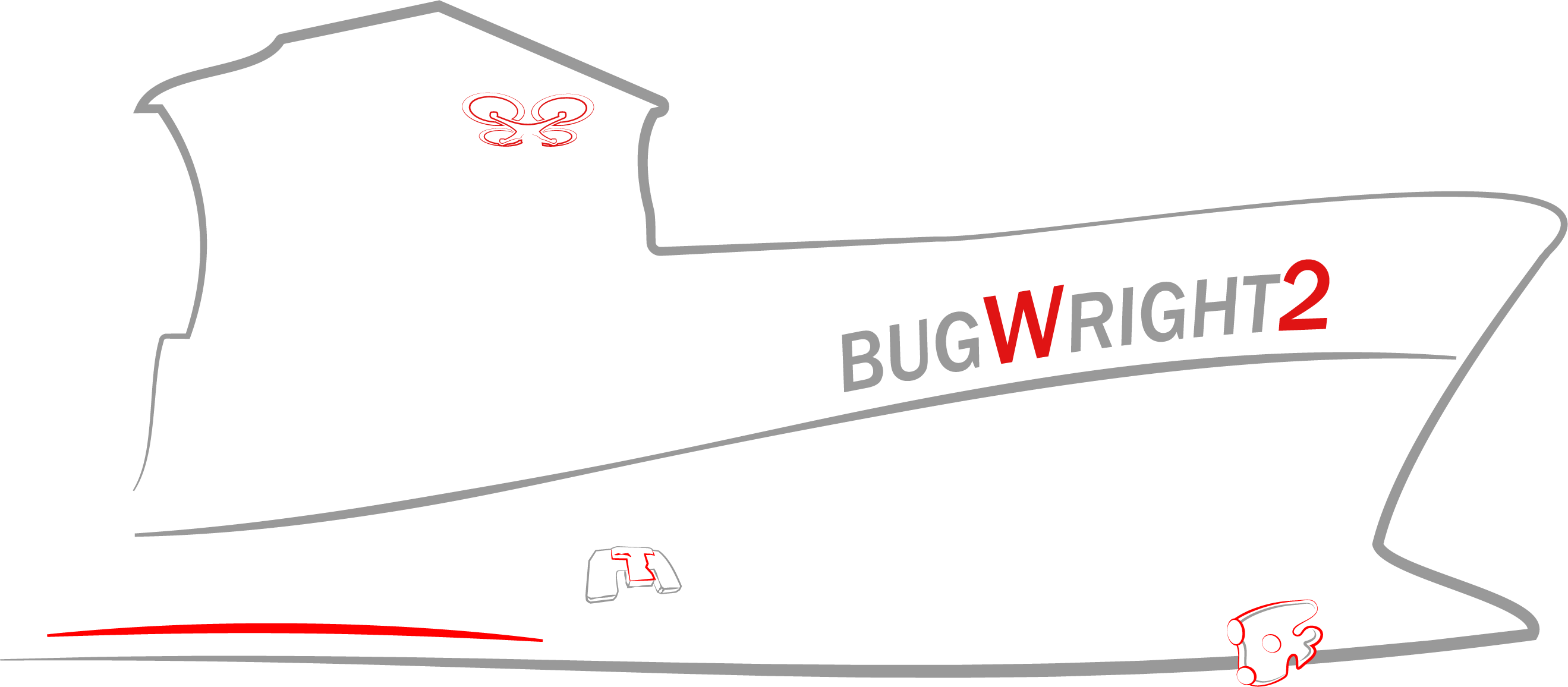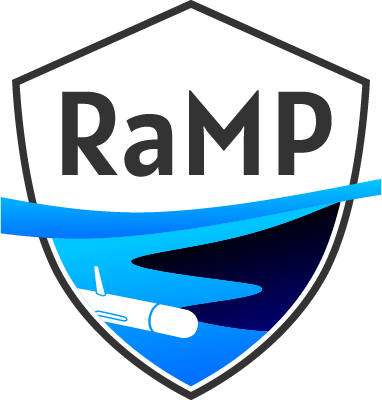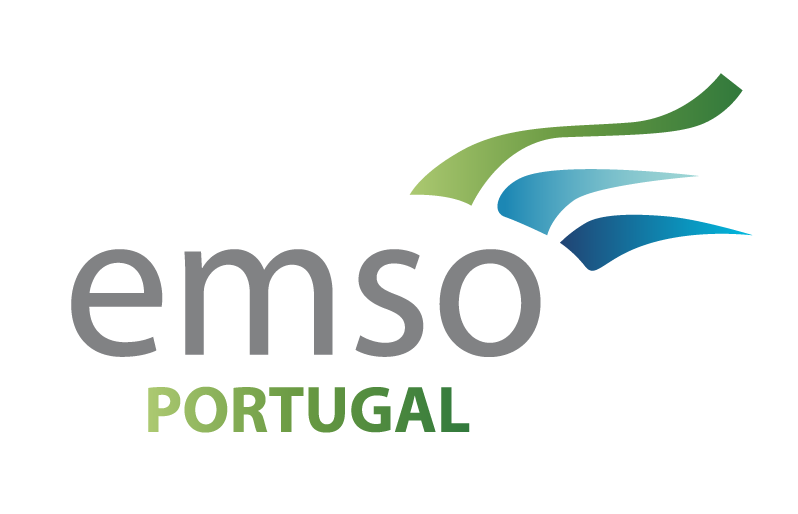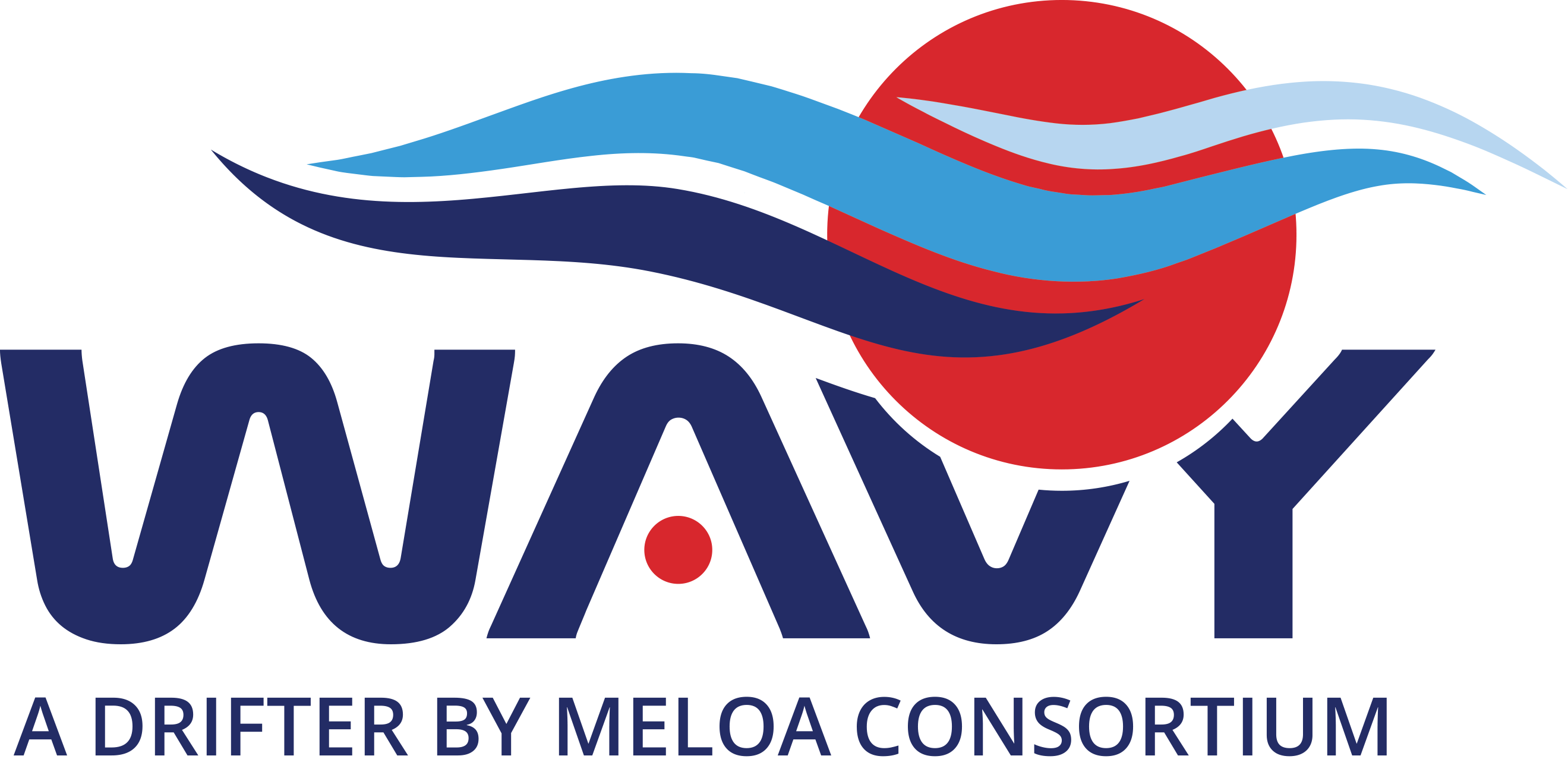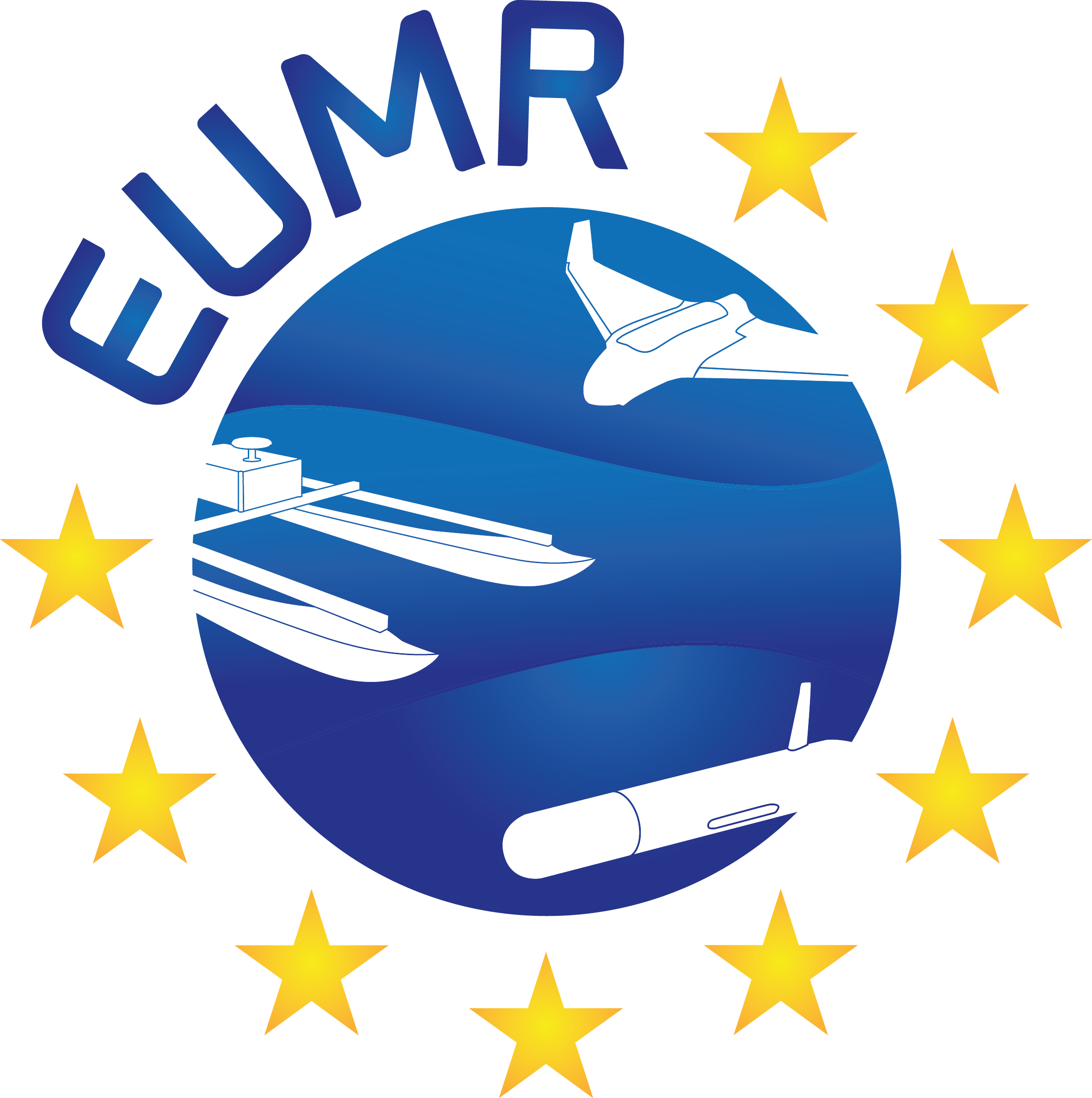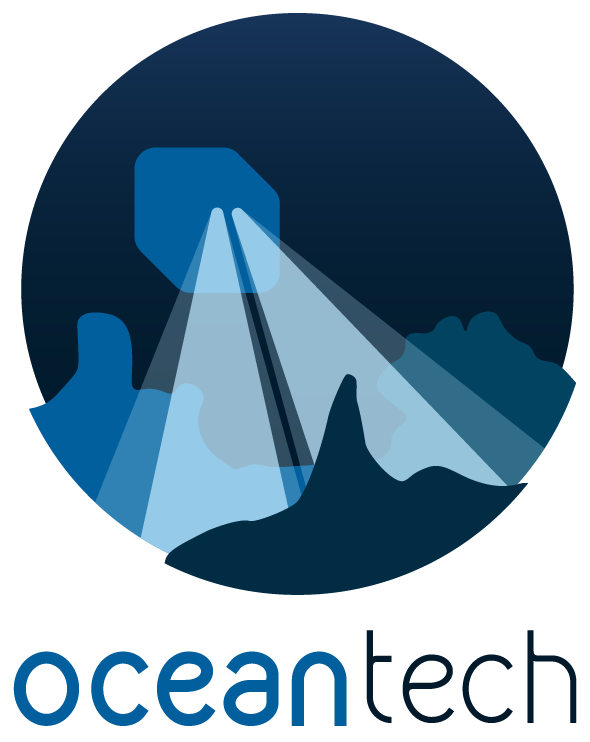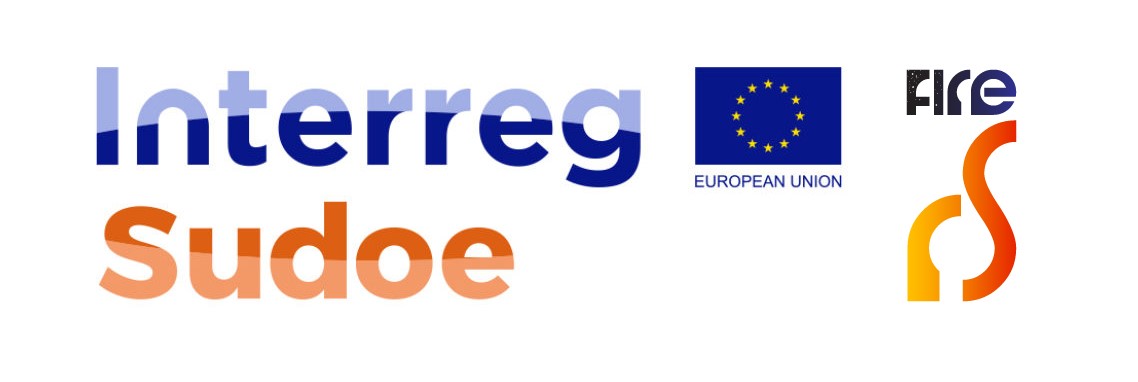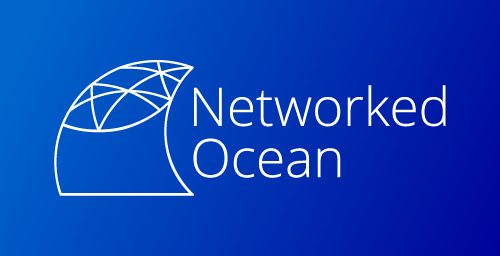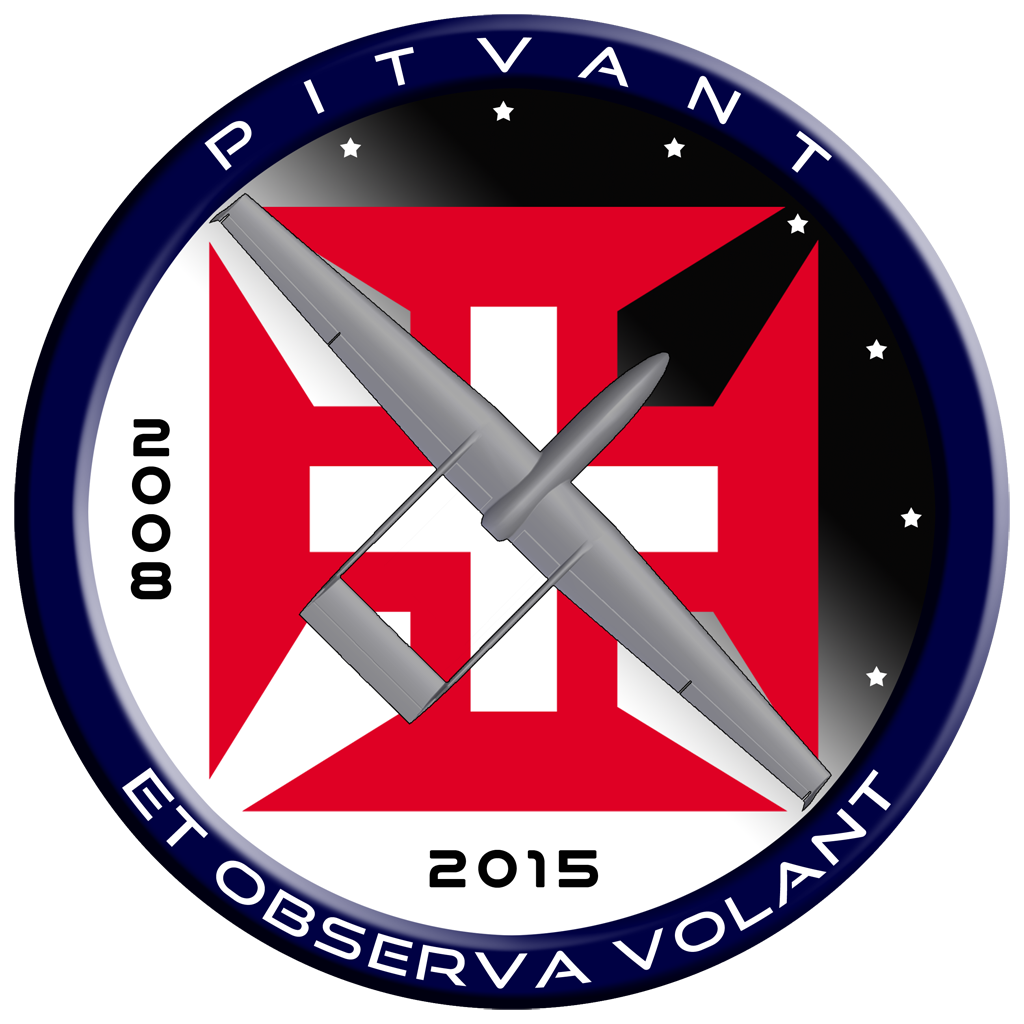Current Projects
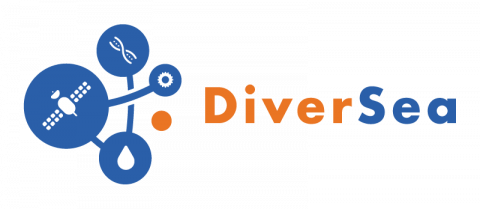
Integrated Observation, Mapping, Monitoring and Prediction for Functional Biodiversity of Coastal Seas
Forty percent of the global population dwell within 100 km of the coastline. In the EU nearly half of the population live less than 50 km from the sea – these populations are continuously growing, but the ecosystems supporting them are not. In fact, coastal and marine ecosystems have experienced a barrage of negative impacts, precipitating catastrophic declines in marine species abundance and diversity, and degradation of the habitats supporting them.
In addition to current goods and services coastal habitats provide, they will play key future roles for food and water security, clean energy production and climate change mitigation, including blue carbon balance. This conflict between increasing anthropogenic pressures, but concurrent societal dependence, has shifted our collective focus from one centered on use and economic exploitation to a viewpoint recognizing the critical link between societal wellbeing and sustainable ocean conservation and management.
The Project
Through seven work packages, our seventeen partner institutions will synthesize multiple streams of research into a workflow that develops and refines new DNA-based monitoring technologies, integrates diverse types of data from emerging sources, and visualizes and communicates the data in a cutting-edge dashboard to facilitate its integration into policy and planning. Along the way, the project will open itself up for authentic engagement with the broader public through stakeholder communication and citizen science.
The LSTS (UPorto) plays a pivotal role as the leader of Work Package 1. This responsibility involves integrating novel field technologies and applying them to case studies along Portugal's Atlantic coast. UPorto will deploy a proof-of-concept framework combining software, hardware, and innovative guidelines.


Field expeRiments for modEling, aSsimilatioN and adaptive sampLing
The coastal ocean shapes the two-way interaction between the deep ocean/ocean basins and the coastal populations and human societies. They determine how anthropogenic influences originating from the continents are redistributed, while impacting the maritime environment. Coastal ocean processes directly impact and influence how humans interact with the oceans, whether for civilian maritime needs such as fishing, recreation or extraction of minerals, or for security and dual-use needs related to monitoring and surveillance. It is critical for us to understand and ultimately predict the evolution of the different processes in this dynamic environment.
Yet our predictability and consequent understanding of this complex environment has been lagging in part because sufficient interdisciplinary studies across Biology and Physics have been lacking, in part because tools and methods have not been fully brought to bear on arguably a difficult domain to work in.
FRESNEL proposes to close the observe-assimilate-predict-sample loop by demonstrating the applicability of adaptively controlled marine robots in the aerial, surface and underwater domains, while sampling the upper water-column ‘at the right place and time,’ driven by ocean models with increasing predictive skill. In doing so, we wish to increase predictive skill of ocean models, leverage advances in Artificial Intelligence and decision-making, robotics, and bring to bear recent advances in Machine Learning for adaptation and prediction.
FRESNEL involves a diverse group of seasoned researchers working across traditional disciplinary boundaries. The tight integration between model prediction and assimilation that we foresee occurring as part of this effort will be enhanced so as to provide realistic forecasts of a range of biophysical variables, including temperature, salinity, wind, surface and subsurface currents, and bio-optical properties. These, in turn, will be used to intelligently target sampling with these multi-domain platforms in the air, ocean surface, and underwater, augmented by satellite remote sensing, including from a recently launched multi-spectral sensor on a Small Satellite.
The novelty of this proposed effort is in the integrative aspects of a field exercise, which will allow FRESNEL to leap-frog experimental design, autonomous operations, assimilation, modeling, and prediction in ways not done before. The project will outreach substantially with local authorities, subsistence fishermen, and an NGO in the domain of operation in Nazaré, Portugal, and engage locally.
FRESNEL is funded by the Office of Naval Research (ONR) under ONR award number N00014-22-1-2796

Robotic exploration of Atlantic waters
The JUNO project explores the evaluation and operational testing of the Autonaut, an innovative autonomous surface vehicle designed for long-term, sustainable ocean monitoring. Powered by wave energy, the Autonaut enables data collection missions in hard-to-reach or sensitive areas, including Marine Protected Areas, with minimal environmental impact.
JUNO aims to demonstrate the Autonaut’s ability to observe and study short-lived and spatially confined oceanographic phenomena, such as algal blooms or ocean fronts, where temperature and salinity undergo rapid changes over small spatial scales. These phenomena, like coastal upwelling, significantly influence marine ecosystems, boosting nutrient availability and supporting the growth of the marine food chain.
The project also highlights the potential of the Autonaut in monitoring transient oceanographic features, such as vortices that act as hotspots for the aggregation of floating debris and plastics. Its silent operation, free from engines and fuel, makes it ideal for deploying passive acoustic sensors to study underwater noise in environmentally sensitive or underexplored regions of the Atlantic.
As an experimental initiative, JUNO will emphasize the development and refinement of remote operation software to manage autonomous systems independently or in collaborative campaigns. This software will address challenges such as risk management in high-traffic areas, simplify long-term operations, and provide open access to collected data for scientists and citizens alike.
Ultimately, JUNO envisions fostering a collaborative and multidisciplinary environment where researchers, organizations, and citizens can engage in ocean research and innovation. By enabling inclusive participation, the project aims to contribute to a deeper understanding of our oceans while promoting sustainable and effective observation practices.
The project is a collaboration between CoLAB +Atlantic and the Laboratório de Sistemas e Tecnologias Subaquáticas of the Faculty of Engineering at Porto University and Prof. Pierre Lermusiaux, at MIT.
JUNO—Robotic Exploration of Atlantic Waters project - Refª 2021/0008 - is funded by the Luso-American Development Foundation (FLAD)









